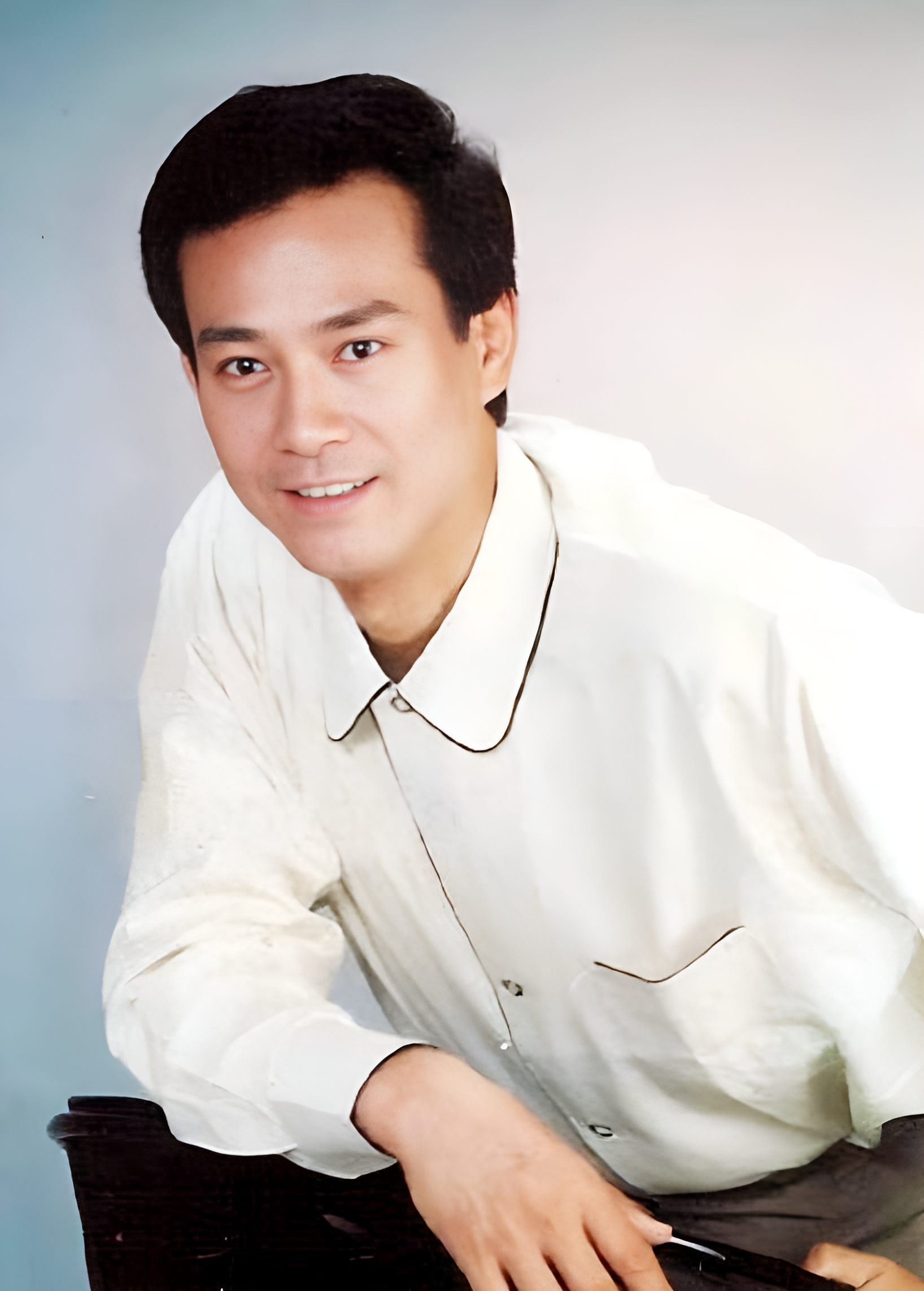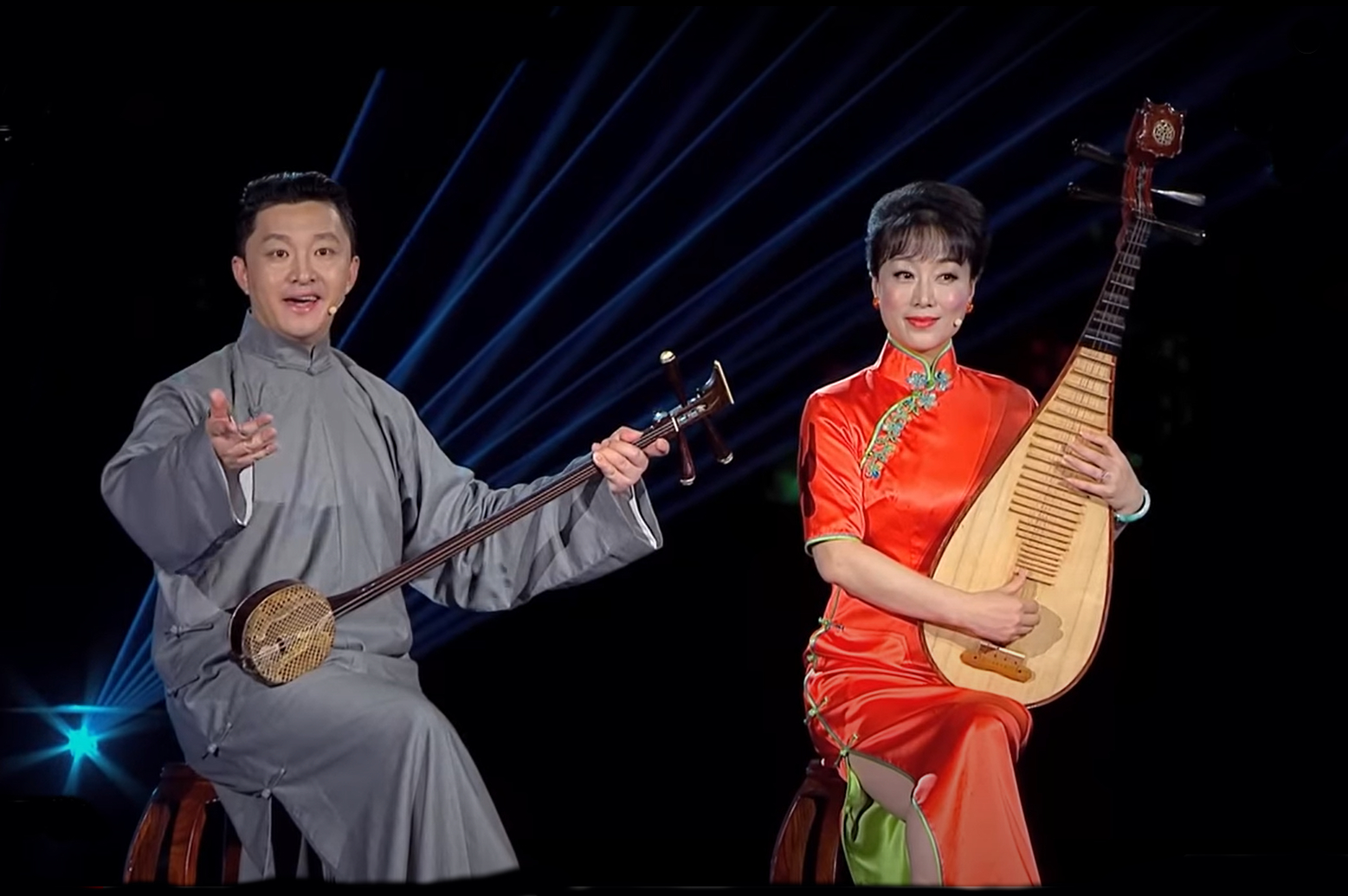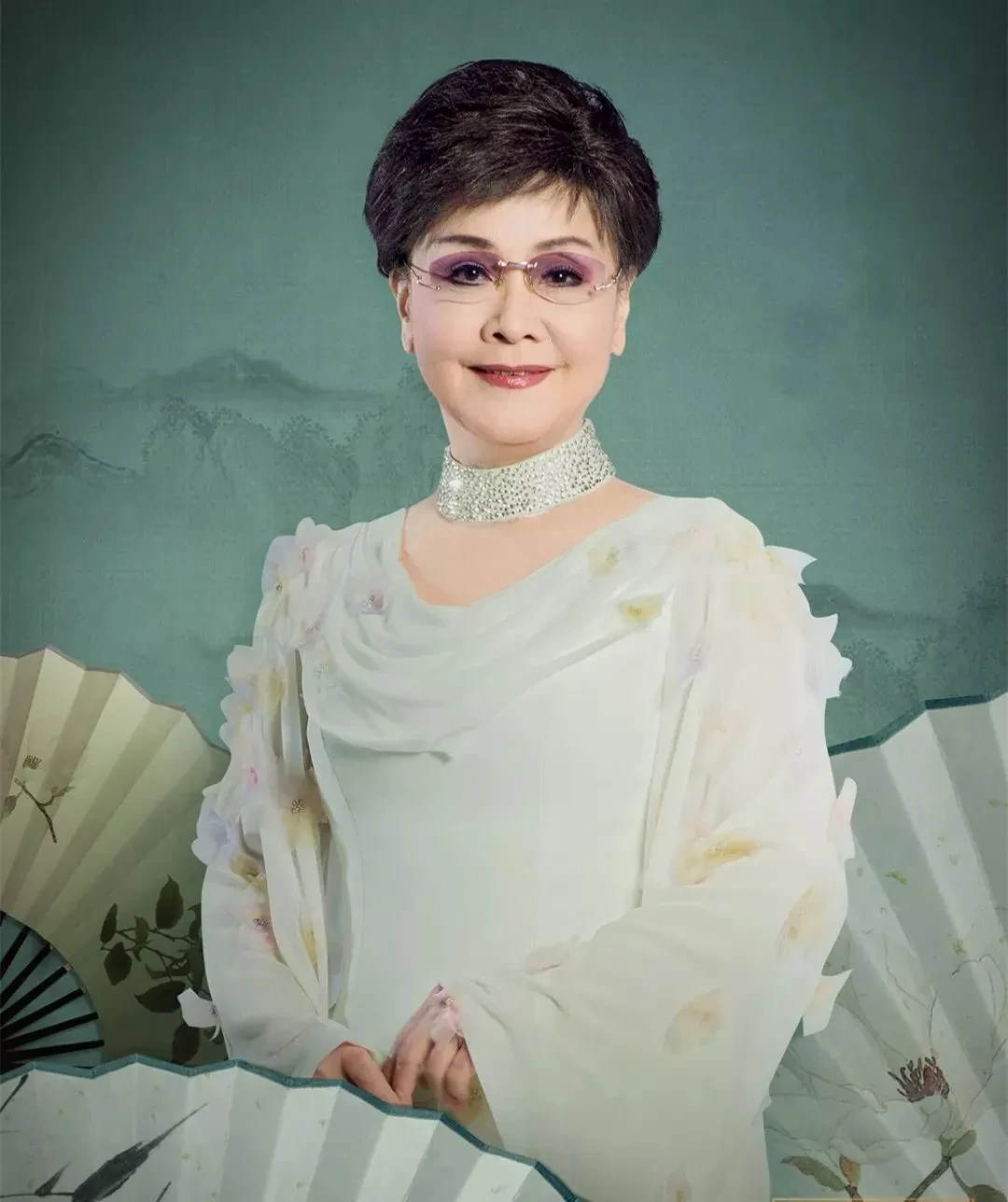
别心疼我会跌跌撞撞
因为在温柔手中 我已学会翱翔
开始向往那更高的蓝天
放开牵绊的线
才能神采飞扬(Whoa~)
一路上 许多相同 渴望
生命不该是挣扎 是时光与成长
默契激荡梦想
原来我不孤单
我飞得理直气壮
我唱得比谁都爽
征服逆风的阻挡
用我青春的翅膀
我飞得理直气壮
我比谁都要倔强
颠覆世界眼光
义无反顾地闯
彩色天空是我唯一的方向
满身伤 是光荣的勋章
我呐喊只想找回 拥抱天空的力量
选择永不投降
是为了洒脱鼓掌
我飞得理直气壮
我唱得比谁都爽
征服逆风的阻挡
用我青春的翅膀
我飞得理直气壮
我比谁都要倔强
颠覆世界眼光
义无反顾地闯
彩色天空是我唯一的方向
单纯是我的信仰
高唱不变的坚强
(Whoa~~)
我飞得理直气壮
我唱得比谁都爽
征服逆风的阻挡
用我青春的翅膀
我飞得理直气壮
我比谁都要倔强
颠覆世界眼光
义无反顾地闯
彩色天空是我唯一的方向
(我唯一的方向)
我飞得理直气壮(Whoa~~)
我唱得比谁都爽
征服逆风的阻挡(逆风的阻挡)
用我青春的翅膀(Whoa~)
我飞得理直气壮
我比谁都要倔强(我比谁都要倔强)
颠覆世界眼光
义无反顾地闯(反顾地闯)
彩色天空是我唯一的方向(Whoa~~)
La...La...
(飞得理直气壮)
我飞得理直气壮
我比谁都要倔强(谁都要倔强)
颠覆世界眼光
义无反顾地闯
彩色天空是我唯一的方向
颠覆世界眼光
义无反顾地闯
彩色天空是我唯一的方向

这世界有那么多人
人群里 敞着一扇门
我迷朦的眼睛里长存
初见你蓝色清晨
这世界有那么多人
多幸运 我有个我们
这悠长命运中的晨昏
常让我 望远方出神
灰树叶飘转在池塘
看飞机轰的一声去远乡
光阴的长廊 脚步声叫嚷
灯一亮 无人的空荡
晚风中闪过 几帧从前啊
飞驰中旋转 已不见了吗
远光中走来 你一身晴朗
身旁那么多人 可世界不声 不响
这世界有那么多人
多幸运 我有个我们
这悠长命运中的晨昏
常让我 望远方出神
灰树叶飘转在池塘
看飞机轰的一声去远乡
光阴的长廊 脚步声叫嚷
灯一亮 无人的空荡
晚风中闪过 几帧从前啊
飞驰中旋转 已不见了吗
远光中走来 你一身晴朗
身旁那么多人 可世界不声 不响
笑声中浮过 几张旧模样
留在梦田里 永远不散场
暖光中醒来 好多话要讲
世界那么多人 可是它不声 不响
这世界有那么个人
活在我 飞扬的青春
在泪水里浸湿过的长吻
常让我 想啊想出神


三月的烟雨飘摇的南方
你坐在你空空的米店
你一手拿着苹果一手拿着命运
在寻找你自己的香
窗外的人们匆匆忙忙
把眼光丢在潮湿的路上
你的舞步划过空空的房间
时光就变成了烟
爱人 你可感到明天已经来临
码头上停着我们的船
我会洗干净头发爬上桅杆
撑起我们葡萄枝嫩叶般的家
三月的烟雨飘摇的南方
你坐在你空空的米店
你一手拿着苹果一手拿着命运
在寻找你自己的香
窗外的人们匆匆忙忙
把眼光丢在潮湿的路上
你的舞步划过空空的房间
时光就变成了烟
爱人 你可感到明天已经来临
码头上停着我们的船
我会洗干净头发爬上桅杆
撑起我们葡萄枝嫩叶般的家

Weinbrand ist ein Gattungsbegriff für Spirituosen aus einem Weindestillat. Als Handelsbezeichnung ist der Begriff „Weinbrand“ EU-rechtlich definiert und insbesondere vom Branntwein und anderen Spirituosen abgegrenzt.[1] Destillate aus Wein gehören zu den ältesten Spirituosen der Welt. Vermutlich wurden bereits seit 1000 n. Chr. im Gebiet der heutigen Türkei hochprozentige alkoholische Getränke aus Wein gebrannt.[2] In Europa verbreiteten sich Weindestillate im Hochmittelalter und wurden zunächst vor allem zu medizinischen Zwecken genutzt.[3] Über das mittelniederdeutsche brandewīn entstand der englische Begriff brandy wine. Dieser zu „Brandy“ verkürzte Name wird in vielen europäischen Ländern, wie England, Italien und Spanien benutzt, im Deutschen beispielsweise oft in Cocktailrezepten.[4] Die einschlägige EU-Verordnung setzt heute Brandy und Weinbrand gleich.
白兰地,从荷兰语 Brandewijn 而来,意思为“烧的酒”,16世纪时,荷兰为海上运输大国,法国是葡萄酒重要产地,荷兰船主将法国葡萄酒运往世界各地,但当时英国和法国开战,海上交通经常中断,葡萄酒贮藏占地费用大,于是荷兰商人想将葡萄酒蒸馏浓缩,可节省贮藏空间和运输费用,运到目的地后再兑水出售。但意想不到的是浓缩的酒更受欢迎,而且贮藏时间越长酒味越醇,从此,出现一种新酒,蒸馏葡萄酒—白兰地。
一升白兰地大约需要八升葡萄酒浓缩,蒸馏出的酒是近乎无色的,但在橡木桶中贮藏时,将橡木的色素溶入酒中,形成褐色。年代越久,颜色越深。由于有颜色的更受欢迎,目前酿酒厂都使用焦糖加色。
目前世界最好的白兰地产地是法国夏朗德省(Charente)的干邑(科尼亚克Cognac)周围地区和热尔省(Gers)的亚文邑(阿马尼亚克Armagnac)地区,这些地区传统生产白兰地,酒厂年代久远,因此有用以勾兑的老酒,价格也昂贵。世界著名的品牌如轩尼诗(Hennessy)、马爹利(Martell)、金御鹿(Hine)、人头马(Remy Martin)、路易老爹(Louis Royer)、百事吉(Bisquit)等都出自干邑地区。
一般俗称白兰地,是用葡萄酒加以蒸馏浓缩製成;但广义来说,只要是以果酒为基底,加以蒸馏製成的酒类,都可以称为白兰地,不过在名称前面加上相应的水果名称,如“苹果白兰地”、“樱桃白兰地”、“草莓白兰地”、“欧李白兰地”等。
Brandy is a liquor produced by distilling wine. Brandy generally contains 35–60% alcohol by volume (70–120 US proof) and is typically consumed as an after-dinner digestif. Some brandies are aged in wooden casks. Others are coloured with caramel colouring to imitate the effect of aging, and some are produced using a combination of both aging and colouring. Varieties of wine brandy can be found across the winemaking world. Among the most renowned are Cognac and Armagnac from southwestern France.[1][2]
In a broader sense, the term brandy also denotes liquors obtained from the distillation of pomace (yielding pomace brandy), or mash or wine of any other fruit (fruit brandy).[3][1] These products are also called eau de vie (which translates to "water of life").



不要问 不要说
一切尽在不言中
这一刻 偎着烛光
让我们静静地度过
莫挥手 莫回头
当我唱起这首歌
怕只怕 泪水轻轻地滑落
愿心中 永远留着我的笑容
伴你走过每一个春夏秋冬
几许愁 几许忧
人生难免苦与痛
失去过
才能真正懂得去珍惜和拥有
情难舍 人难留
今朝一别各西东
冷和热 点点滴滴在心头
愿心中 永远留着我的笑容
伴你走过每一个春夏秋冬
伤离别 离别虽然在眼前
说再见 再见不会太遥远
若有缘 有缘就能期待明天
你和我重逢在灿烂的季节
伤离别 离别虽然在眼前
说再见 再见不会太遥远
若有缘 有缘就能期待明天
你和我重逢在灿烂的季节
若有缘 有缘就能期待明天
你和我重逢在灿烂的季节
不要问 不要说
一切尽在不言中
这一刻 偎着烛光
让我们静静地度过
莫挥手 莫回头
当我唱起这首歌
愿心中留着笑容
陪你度过每个春夏秋冬


为什么 你当时对我好
又为什么 现在变得冷淡了
我知道 爱要走难阻挠
反正不是我的 我也不该要
你和我 曾经有共同爱好
谁的耳边 总有绝句在萦绕
我们俩 用文言文对话真的很搞笑
还笑那曹操贪慕着小乔
天灰了 雨坠了
视线要模糊了
此时感觉到你的重要
爱走了 心走了
你说你要走了
我为你唱最后的古谣
红雨瓢泼泛起了回忆怎么潜
你美目如当年 流转我心间
渡口边最后一面洒下了句点
与你若只如初见 何须感伤离别
你和我 曾经有共同爱好
谁的耳边 总有绝句在萦绕
我们俩 用文言文对话真的很搞笑
还笑那曹操贪慕着小乔
天灰了 雨坠了
视线要模糊了
此时感觉到你的重要
爱走了 心走了
你说你要走了
我为你唱最后的古谣
红雨瓢泼泛起了回忆怎么潜
你美目如当年 流转我心间
渡口边最后一面洒下了句点
与你若只如初见 何须感伤离别
红雨瓢泼泛起了回忆怎么潜
你美目如当年 流转我心间
渡口边最后一面洒下了句点
与你若只如初见 何须感伤离别
红雨瓢泼泛起了回忆怎么潜
你美目如当年 流转我心间
渡口边最后一面洒下了句点
与你若只如初见 何须感伤离别

Dominio de Pingus is a Spanish winery located in Quintanilla de Onésimo in Valladolid province with vineyards in La Horra area of the Ribera del Duero region. The estate's flagship wine, Pingus, is considered a "cult wine", sold at extremely high prices while remaining very inaccessible,[1][2] and commands an average price of $811 per bottle.[3]
The winery also produces a second wine, Flor de Pingus, and a special cuvée, Ribera del Duero "Amelia". Recently, Dominio de Pingus has founded a joint project with local grape producers to make an old vine tempranillo called "PSI".
Dominio de Pingus was established in 1995 by Danish oenologist Peter Sisseck, also manager of the Pesquera de Duero estate Hacienda Monasterio.[4] On the estate's winemaking philosophies, Sisseck has stated, "The vines in my plots are very old. They have never been fertilised nor treated with pesticides and all grow following the traditional en vaso system. They are perfect."[4]
About the first 1995 vintage of Pingus, Robert Parker declared, "One of the greatest and most exciting wines I have ever tasted".[5] With a very limited first vintage production, only 325 cases were made with prices initially set at US$200 per bottle, it became yet more scarce when in November 1997 the ship transporting a U.S. bound shipment of 75 cases disappeared somewhere off the Azores in the North Atlantic Ocean.[6] The shipwreck resulted in a dramatic reaction in the US market, with prices soon rising to $495 per bottle.[5][6]
At the Ronda WineCreator conference of April 2008, Sisseck was angered by suggestions by Decanter editor Guy Woodward that some winemakers make wines to suit the palates of certain critics. In response he called Woodward's remarks arrogant for implying winemakers do not have their own opinions, adding, "I don't even think it is possible to do this."[7]
In 2007 it was announced that the Spanish government had approved plans to expand highway roads through the vineyards of Dominio de Pingus and other wineries, which was met with strong opposition by Sisseck who called it a "vengeful measure".[8]
Planted with very old vines of Tinto Fino, i.e. Tempranillo, the vineyards are 2.5 hectares (6.2 acres) in Barrosso with vines exceeding 65 years and 1.5 hectares (3.7 acres) in San Cristobal with vines older than 70 years, and the unusually low average yield of 12 hL per hectare. Since 2000, the viticulture has been biodynamic. Of the annual production of Pingus there is typically less than 500 cases, though in poor vintages no Pingus is made.
The production of the second wine Flor de Pingus, also 100% Tempranillo, is made with fruit from rented vineyards in the La Horra zone, with vines older than 35 years. Since the 2005 vintage, the viticulture has been biodynamic. The annual production is on average 4,000 cases.
Additionally there has been the single barrel cuvée, Ribera del Duero "Amelia", made from a vineyard parcel of 100+ year old vines with an average yield of 10 hL per hectare, with biodynamic viticulture since its initial 2003 vintage. The 2005 vintage had a production of 25 cases.
"PSI" is a joint project based on fruit produced by local grape growers from old tempranillo vines. The goal is to help grape producers and save old vines. Project was founded in 2006, first vintage was 2007. Grape growers are encouraged to employ biodynamic or organic vineyard management practices. The wine is made by Peter Sisseck and Pablo Rubio and sold under producer name Bodegas y Viñedos Alnardo. Vinification takes place in large concrete vats and aging in concrete and wooden tanks and oak barrels. Production of PSI 2009 was 9,600 cases, PSI 2010 was 16,600 cases.




















